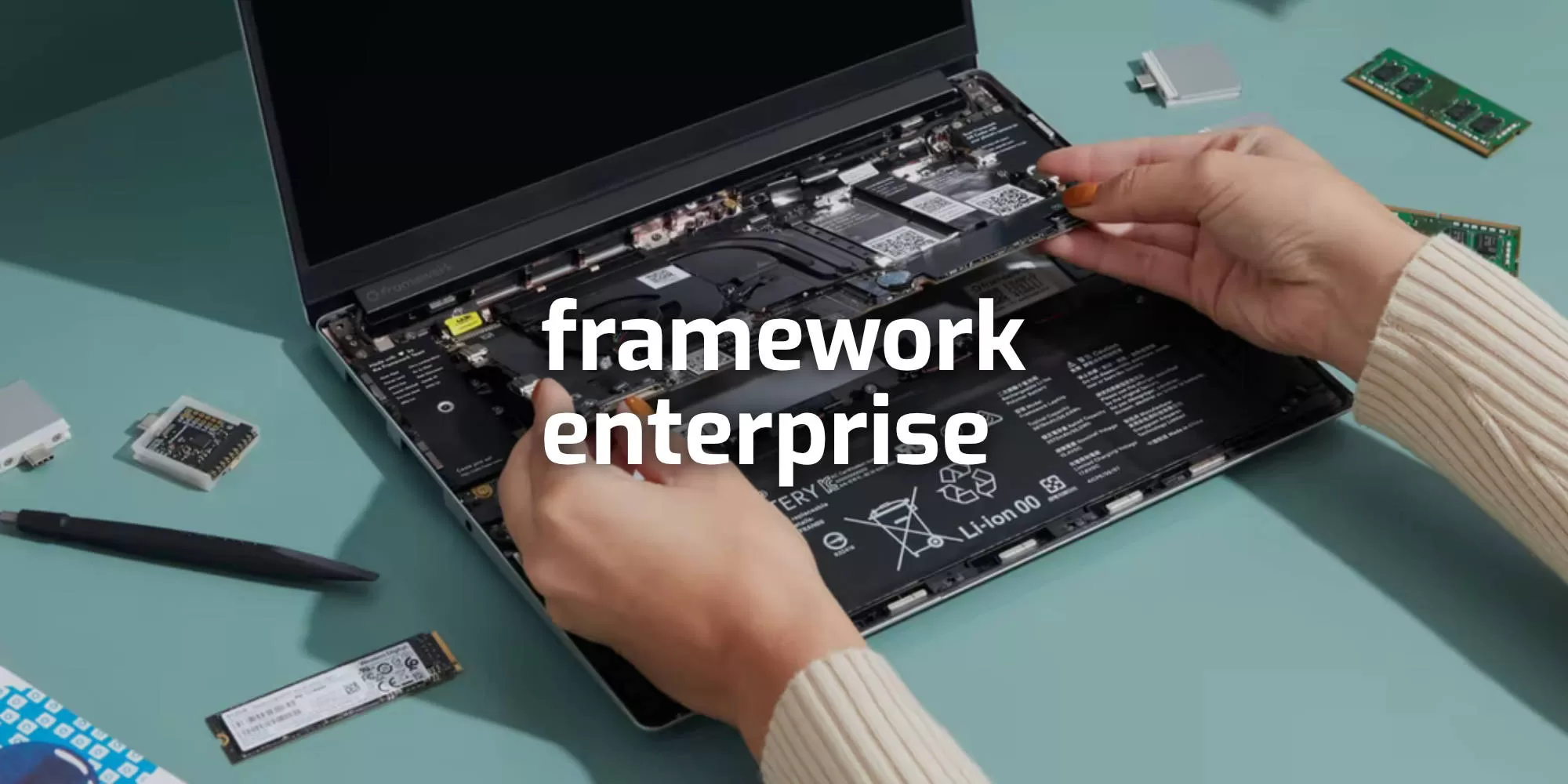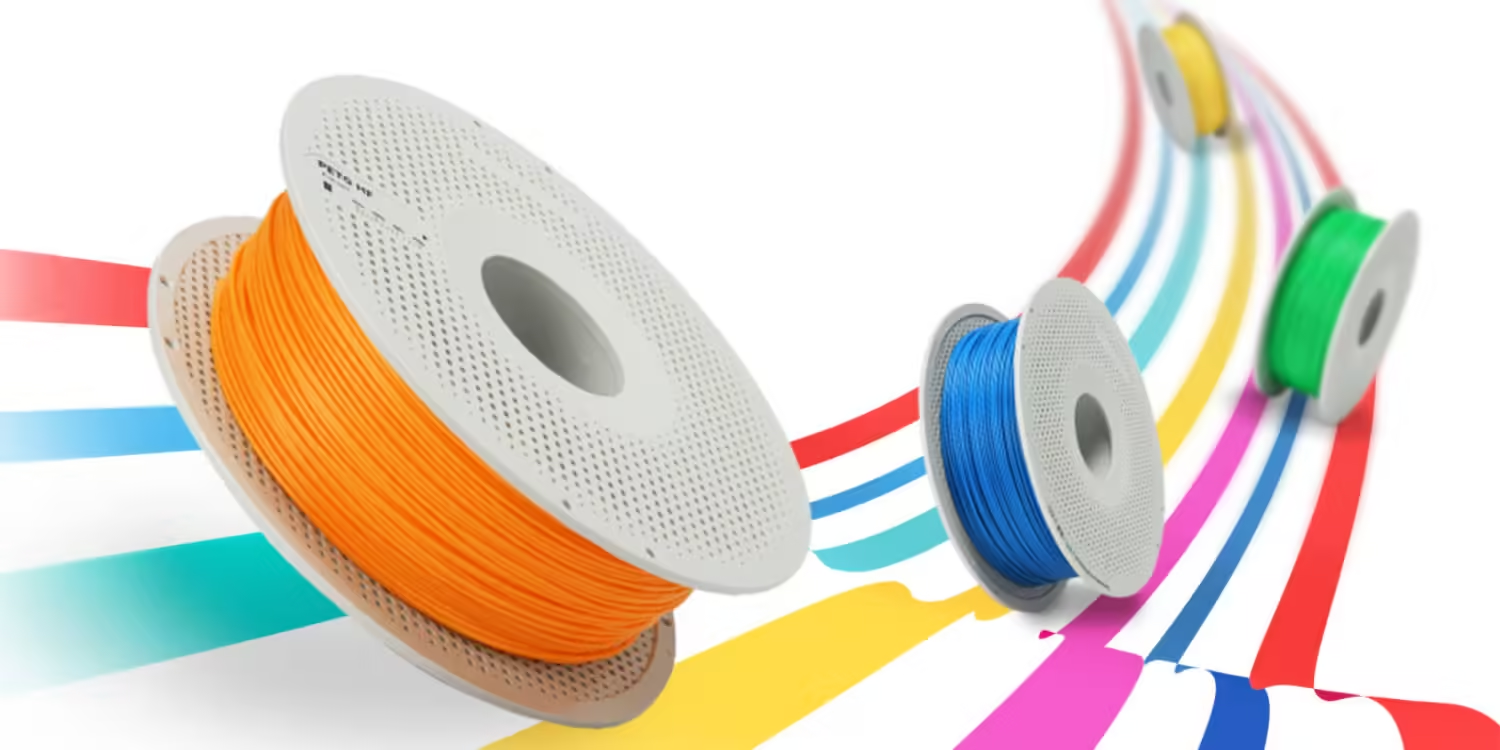Many companies, including Framework, gain their footing by building a loyal customer base with consumers that are highly likely to support the company by buying products, spreading the word, and advocating on their behalf.
While appealing to consumers is great, the real money is with enterprise level customers, large companies willing to move to a product that’s cheaper, greener, and easier to repair and upgrade when the time comes.
Therefore, we think the future of Framework is with enterprise companies, but what products will it focus on? Let’s look.
Enterprise products
In a recent announcement, that you can read here, Framework announced that it will use its Series A funding money to explore new product options in other product categories which could link to small form factor (SFF) desktop PCs.
Framework enterprise laptop
Framework’s first step into the enterprise space will likely be a variation of its Framework Laptop. The company already has all the manufacturing, logistics, and support in place. Meaning Framework will only need to adjust the parts being used to be better suited to enterprise customers.
Framework wouldn’t cater its enterprise laptop to power users, but rather the many employees in all companies that use their laptops for meetings, documentation creation, spreadsheets, web-based programs, and other lightweight tasks.
Framework enterprise desktop
As for Framework’s enterprise desktop variant, phase two, it will likely feature the same guts as the laptop with added benefit of allowing it to be mounted behind monitors on a VESA mount or even be embedded into a display to create an all-in-one PC.
After Framework has reworked the guts from its laptop to fit into a SFF PC case, this will allow the company to begin exploring desktop parts and more powerful machines.
Why use Framework for enterprise?
Framework’s major selling point is its repairability and upgradability built into the design of its laptop. Through the user replaceable parts and expansion card ecosystem, which will both be of interest to large companies.
Thinking of an edge use case, specifically around security and shared computing. Currently, there are SSD expansion cards, allowing users to hot swap data in and out of their laptops. Take this and look at it from a data security perspective. A user can plug their personal SSD into the PC, use it, and remove it once done. The next user can come along and do the same thing. Leaving the operating system and security systems on the PCs internal storage.






